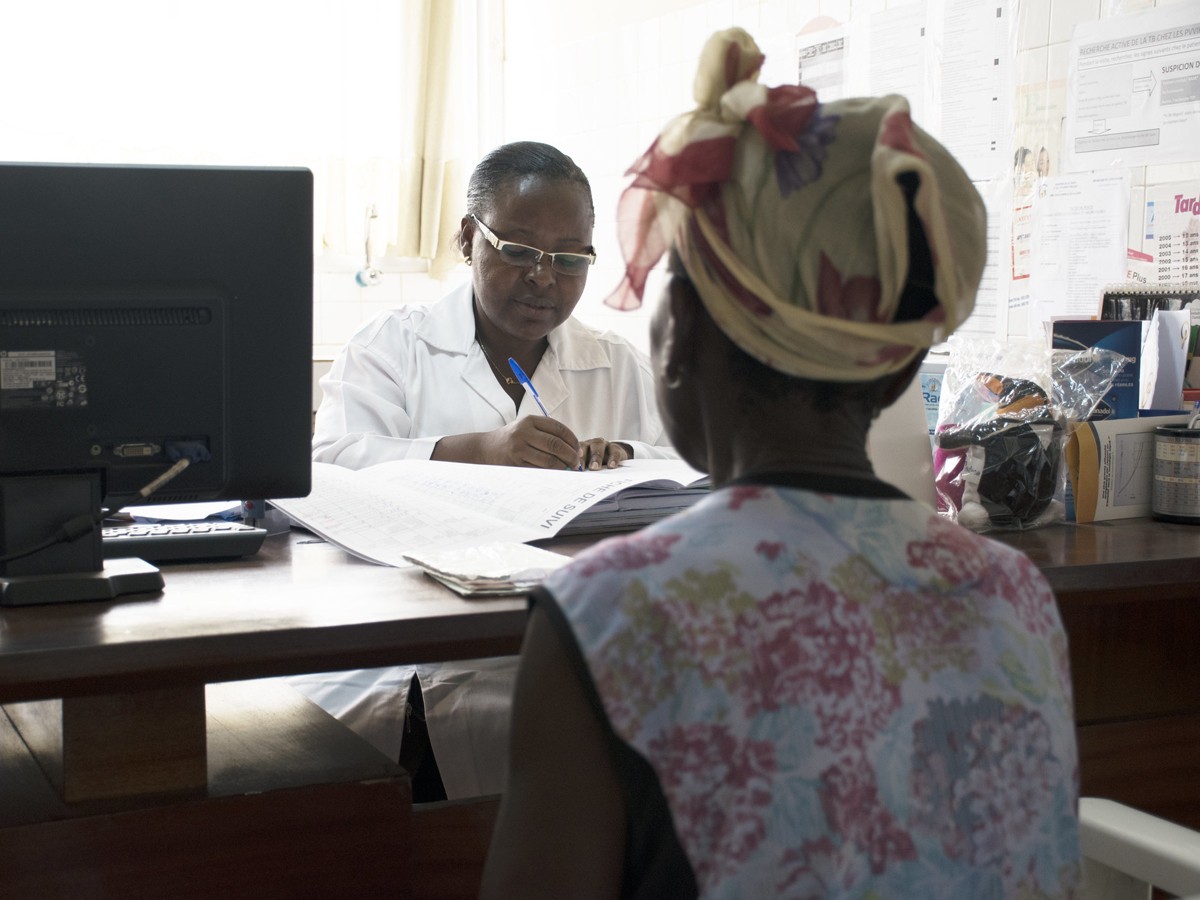Ryom, L., Lundgren, J. D., Reiss, P., Ross, M., Kirk, O., Fux, C. A., Morlat, P., Fontas, E., Smith, C., De Wit, S., d’Arminio Monforte, A., El Sadr, W., Hatleberg, C., Phillips, A., Sabin, C., Law, M., Mocroft, A., & D:A:D Study Group (2020).
The Journal of infectious diseases, jiaa396. Advance online publication. https://doi.org/10.1093/infdis/jiaa396
Abstract
Background: Relations between different measures of HIV-related immunosuppression and chronic kidney disease (CKD) remain unknown.
Methods: Immunosuppression measures included baseline, current, time-lagged and nadir CD4, years and percentage of follow-up (%FU) with CD4<200, and CD4 recovery. CKD: confirmed estimated glomerular filtration rate <60mL/min/1.73m2.
Results: Of 33,791 persons 2,226 developed CKD. Univariably, all immunosuppression measures predicted CKD. Multivariably, the strongest predictor was %FU CD4<200 (0 vs. >25%, IRR 0.77 [0.68-0.88]) with highest effect in those at low D:A:D CKD risk (0.45 [0.24-0.80]) vs. 0.80 [0.70-0.93]).
Conclusion: Longer immunosuppression duration most strongly predicts CKD and affects persons at low CKD risk more.








